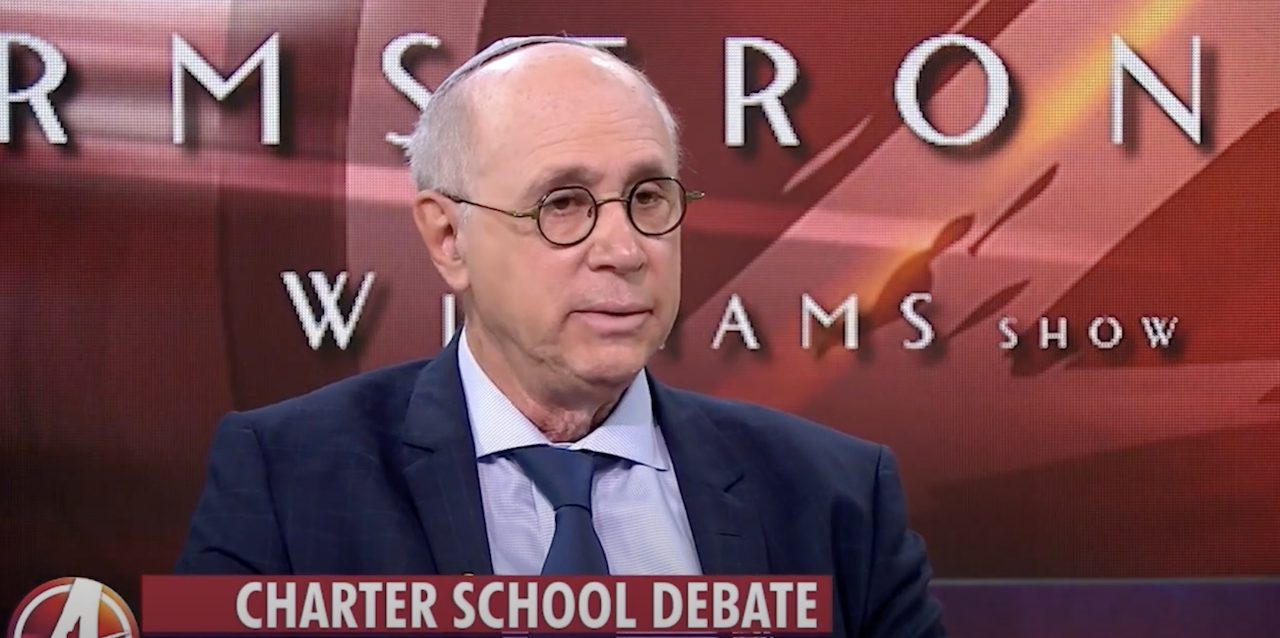Thinking about Youlus
Trust is built on truth, and both are rare commodities.
Who would have thought that a kind, good-natured, physically unimposing, seemingly well-intentioned rabbi could have succeeded in deceiving so many for so long? He seemed so unpretentious.
Who would have thought not to believe a person who purported to go on daring missions, supposedly at grave personal risk, to save Torah scrolls? He seemed to relish what he did with such enthusiasm, treating it as a mitzvah, performed out of love.
Who would have suspected that the wild and fanciful stories about how the scrolls were found were concocted imaginary adventures? Despite being far-fetched, they seemed plausible.
How could so many intelligent, sophisticated individuals be so gullible? Why would you not trust someone who appears to be a trustworthy person pursuing a worthy cause with missionary zeal and who projected himself as being so selfless? Why would you have any reason to suspect he wasn’t telling the truth?
These are all questions that are being asked by many, myself included, in the wake of the admission of guilt in a New York court by Rabbi Menachem Youlus. I still find it all hard to believe and difficult to admit, but it turns out he was closer to being the Bernie Madoff, than being the Indiana Jones, of Torah scrolls.
Now that Rabbi Youlus has pleaded guilty to the charges brought against him, those of us who purchased Torah scrolls feel ripped off, defrauded, and taken advantage of. Our trust was violated by one who now admits his tales were not true.
In retrospect, now that the truth has been revealed and the fraud and deception exposed, the stories seem too far-fetched to be believed. And yet we did believe.
We believed him because there is a natural inclination to trust others. We believed him because we couldn’t imagine a rabbi lying to us.
Up until the very end, he denied any wrong doing. He emphatically reassured people that the charges against him were not true. He seemed too nice to be involved in something so sinister and so we didn’t want to believe that he had deceived us.
We believed him because we couldn’t fathom a rabbi not telling the truth, especially about the veracity of something as sacred as Torah scrolls and the memory of the Holocaust.
I remember many years ago I was in a small antique store in the old city of Jerusalem. The store was filled with all kinds of artifacts and trinkets. I asked the kippah-wearing storekeeper about the kashrut of the parchment for a mezuzah he was selling. He said that it was authentic, and that I had no cause for concern. He reassured me that the scroll was kosher. As if to emphasize that he was telling the truth he then pointed to everything else in the store and admitted, about all these other objects he wouldn’t swear to their being genuine, but about the sacred writing, he would never lie.
Perhaps one of the saddest aspects of the sorry saga of Rabbi Menachem Youlus is the realization that even seemingly well-intentioned people can take advantage of others and that we must always be on guard.
Ronald Reagan famously said, “trust, but verify.” The Austrian Jewish novelist and playwright Arthur Schnitzler put it this way, with a touch of irony, “One can positively never be deceived if one mistrusts everything in the world, even one’s own skepticism.”
Also published on Medium.




